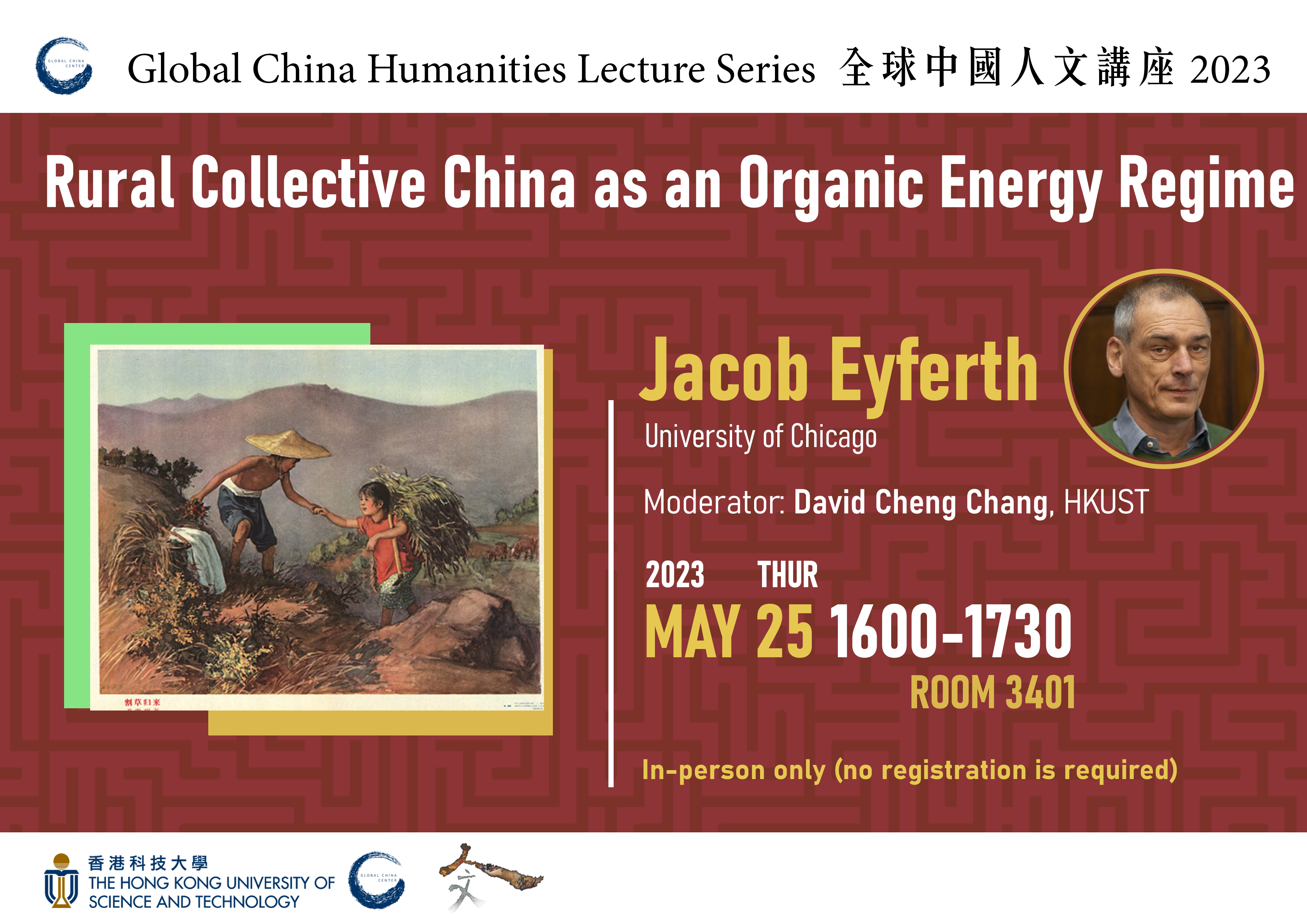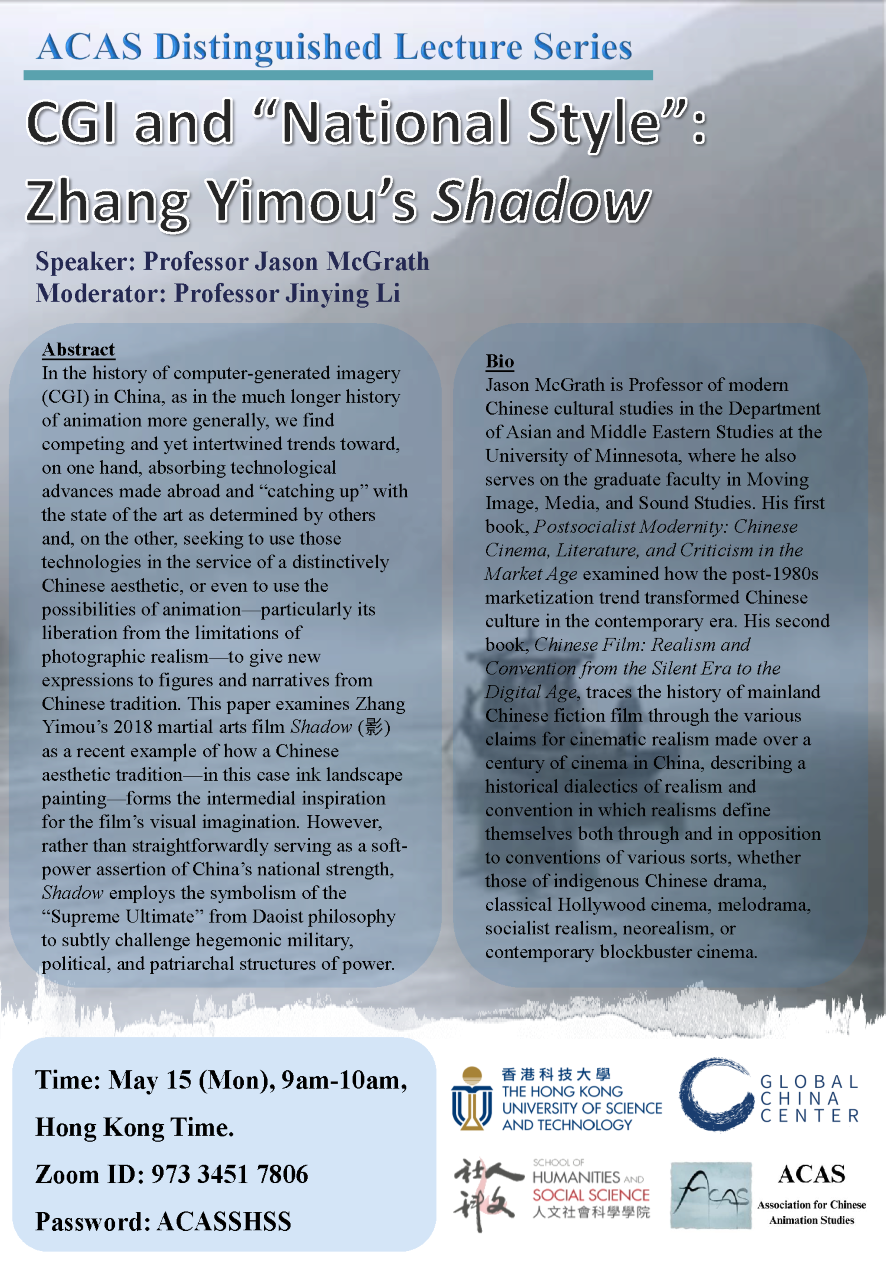Upcoming Events
Past Events
Rural Collective China as an Organic Energy Regime
The Maoist development model relied on labor mobilization in agriculture and infrastructure construction, and on non-equivalent exchange between the agricultural and industrial sectors. Throughout the Mao years, the countryside received few modern inputs. Most labor was performed by human and animal muscle rather than by machines. Most fertilizer was organic, laboriously collected and composted from human and animal excrement and other organic matter. Most heating in rural households came from crop residues or firewood collected in the hills. At the same time, the urban-industrial sector transitioned from an organic to a fossil-fuel energy regime, powered by coal and petrol. For about two decades, the government expected the rural-agrarian sector to expand at the same pace as the urban-industrial sector, despite the fact that the countryside had little access to output-boosting fossil fuels. This led, on the one hand, to a rural energy crisis, as the same limited resources of land and organic matter were needed to meet conflicting demands for fuel, fodder, compost, etc. and, on the other hand, to labor intensification at the household level, as women and children were mobilized to fill the gaps resulting from extraction. READ MORE...
CGI and “National Style”: Zhang Yimou’s Shadow
In the history of computer-generated imagery (CGI) in China, as in the much longer history of animation more generally, we find competing and yet intertwined trends toward, on one hand, absorbing technological advances made abroad and “catching up” with the state of the art as determined by others and, on the other, seeking to use those technologies in the service of a distinctively Chinese aesthetic, or even to use the possibilities of animation—particularly its liberation from the limitations of photographic realism—to give new expressions to figures and narratives from Chinese tradition. This paper examines Zhang Yimou’s 2018 martial arts film Shadow (影) as a recent example of how a Chinese aesthetic tradition—in this case ink landscape painting—forms the intermedial inspiration for the film’s visual imagination. However, rather than straightforwardly serving as a soft-power assertion of China’s national strength, Shadow employs the symbolism of the “Supreme Ultimate” from Daoist philosophy to subtly challenge hegemonic military, political, and patriarchal structures of power. READ MORE...

